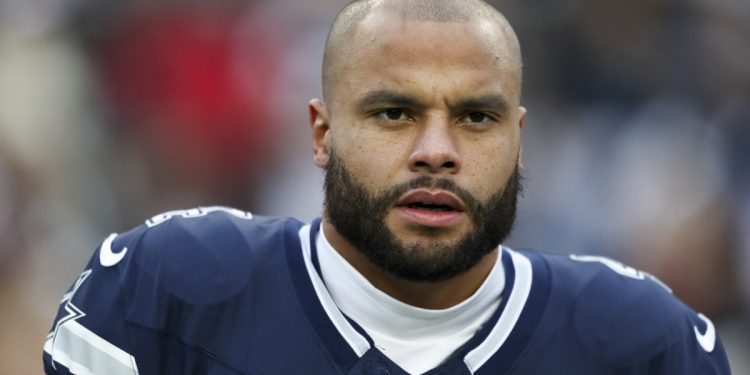In the high-octane world of NFL negotiations, Dallas Cowboys’ star quarterback Dak Prescott finds himself at a pivotal juncture. As he enters the final year of his contract, the standoff between Prescott and the Cowboys over his salary extension has become a topic of intense scrutiny and debate.
Despite his commitment, evidenced by his attendance at organized team activities (OTAs), the 31-year-old quarterback’s recent remarks have sparked controversy and criticism alike.
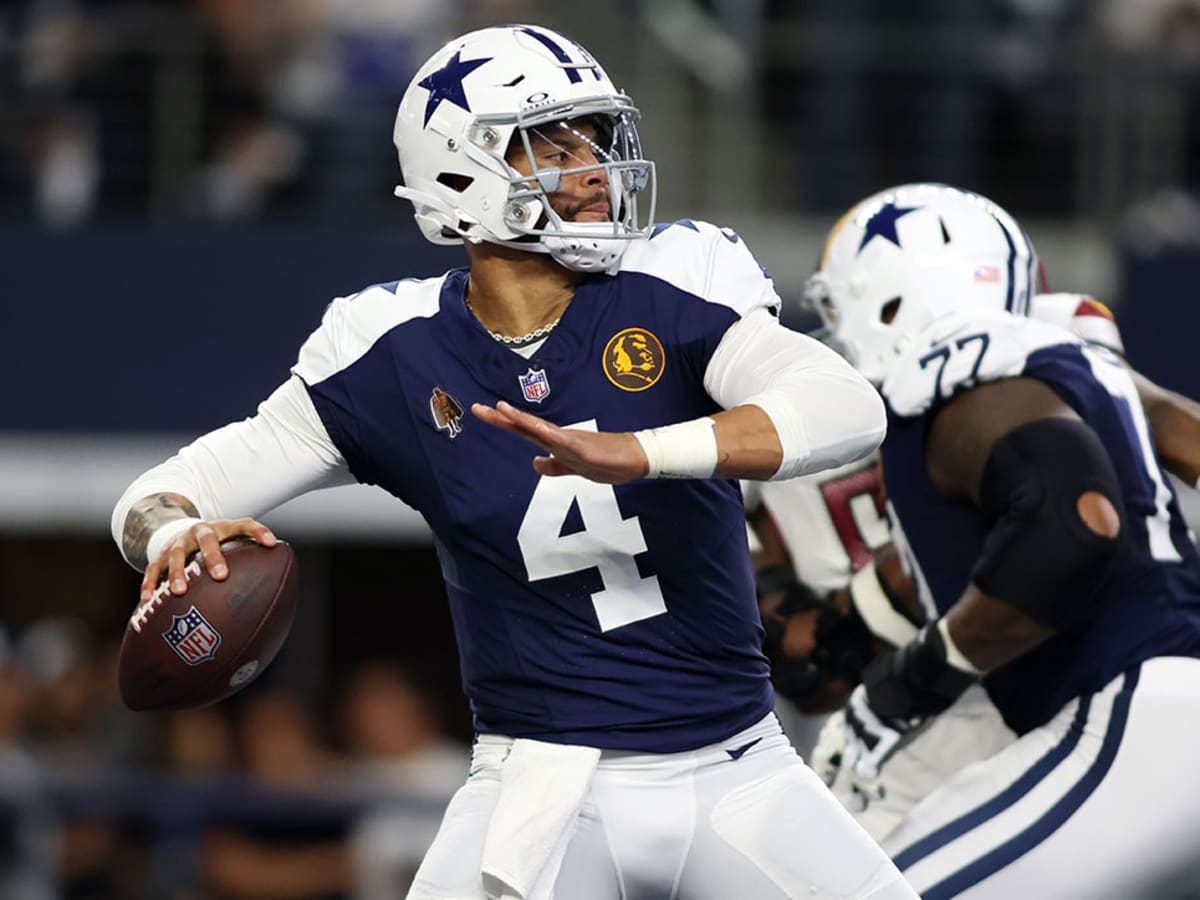
Dak Prescott Remarks
Prescott, who has become the face of resilience and dedication in Dallas since being drafted in 2016, made headlines at the OTAs by stating that he doesn’t care about the money and would “essentially play the game for free.”
This assertion was met with skepticism by Fox Sports analyst Craig Carton, who dismissed Prescott’s high-road proclamation, suggesting that if money were truly inconsequential, Prescott wouldn’t be embroiled in a financial dispute with his team.
“Say what you want, but Carton is 100 percent right,” reflects the reality of professional sports where financial compensation is as much a scorecard as the points on the field. Despite Prescott’s claims, his history tells a different story—one where a previous contract dispute led to a lucrative four-year, $160 million deal with the Cowboys.
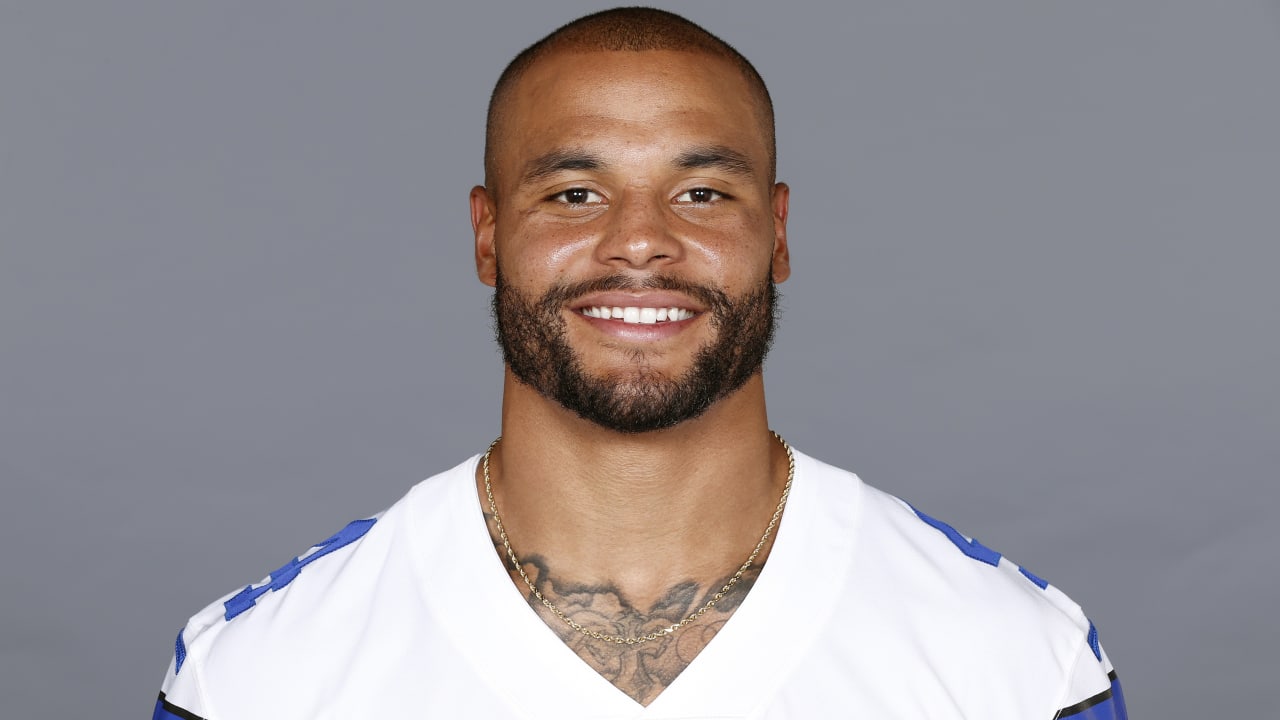
Dak Prescott’s Prowess and Playoff Puzzles
There’s no denying Dak Prescott’s impact on the field. The Mississippi State alum has been nothing short of spectacular, leading the NFL with 36 passing touchdowns in the 2023 season, amassing 4,516 yards, and securing a near MVP win.
Under his leadership, the Cowboys clinched the NFC East division title, though their journey was cut short by the Green Bay Packers in the Wild Card Round. This mixed bag of outstanding season performance countered by a tepid 2-5 playoff record presents a paradox that Dallas is grappling with as they consider the stakes of a massive financial commitment.
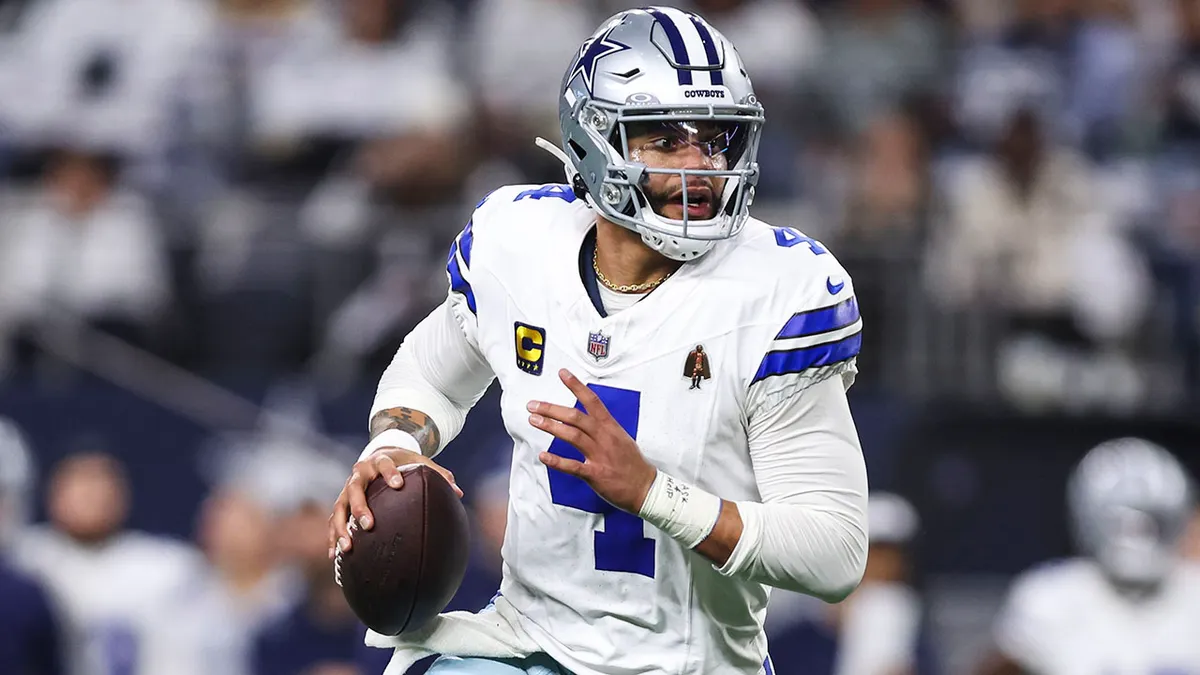
The Price of Excellence
The debate over Prescott’s contract is about more than numbers on a paycheck—it’s a testament to the broader dynamics of value, performance, and loyalty in professional sports. As the negotiation continues, it becomes clear that Prescott’s earlier statement about disregarding monetary rewards is more complex than it appears.
The real issue at hand is not whether Prescott cares about money; it’s about how much the Cowboys are willing to invest in a quarterback who has consistently demonstrated top-tier talent but has yet to conquer postseason hurdles.
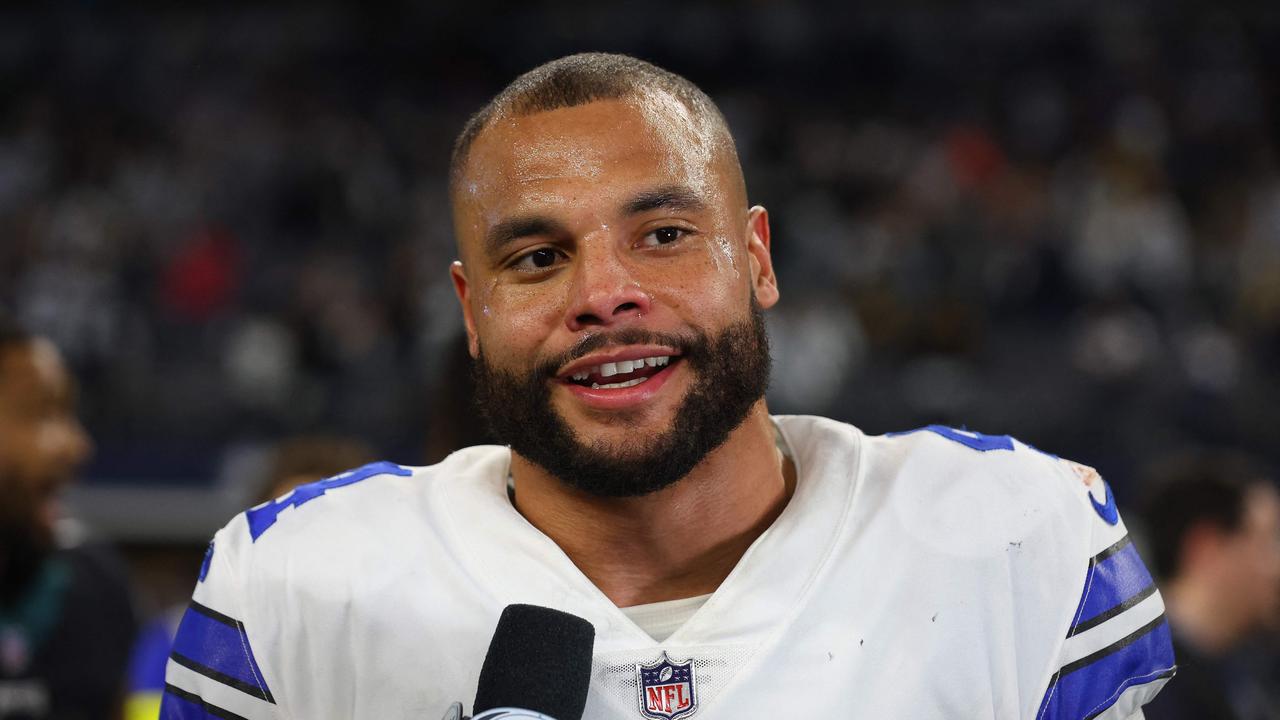
The Waiting Game Continues
As the saga unfolds, both Prescott and the Cowboys are in a high-stakes game of chess, weighing potential risks and rewards. For Prescott, the challenge is to reconcile his public stance on financial indifference with the practical realities of professional sports economics
. For the Cowboys, the decision is whether they see Prescott as the keystone to their championship aspirations, deserving of a salary that reflects his contributions and potential.
In the end, the resolution of Dak Prescott’s contract standoff will not only define his future but also signal the Cowboys’ direction in the coming years. It’s a narrative filled with strategy, speculation, and the search for a common ground where loyalty meets fiscal prudence. As this drama plays out, one thing is clear: in the world of NFL contracts, the game is played both on and off the field.



